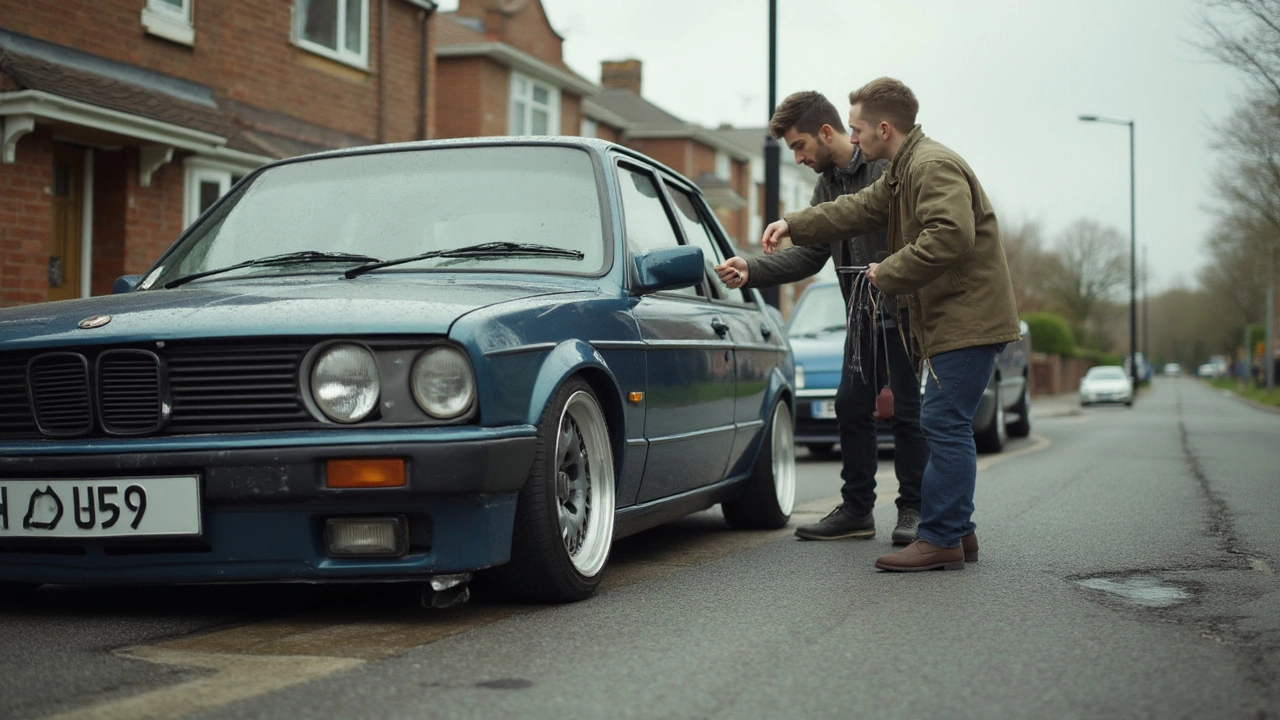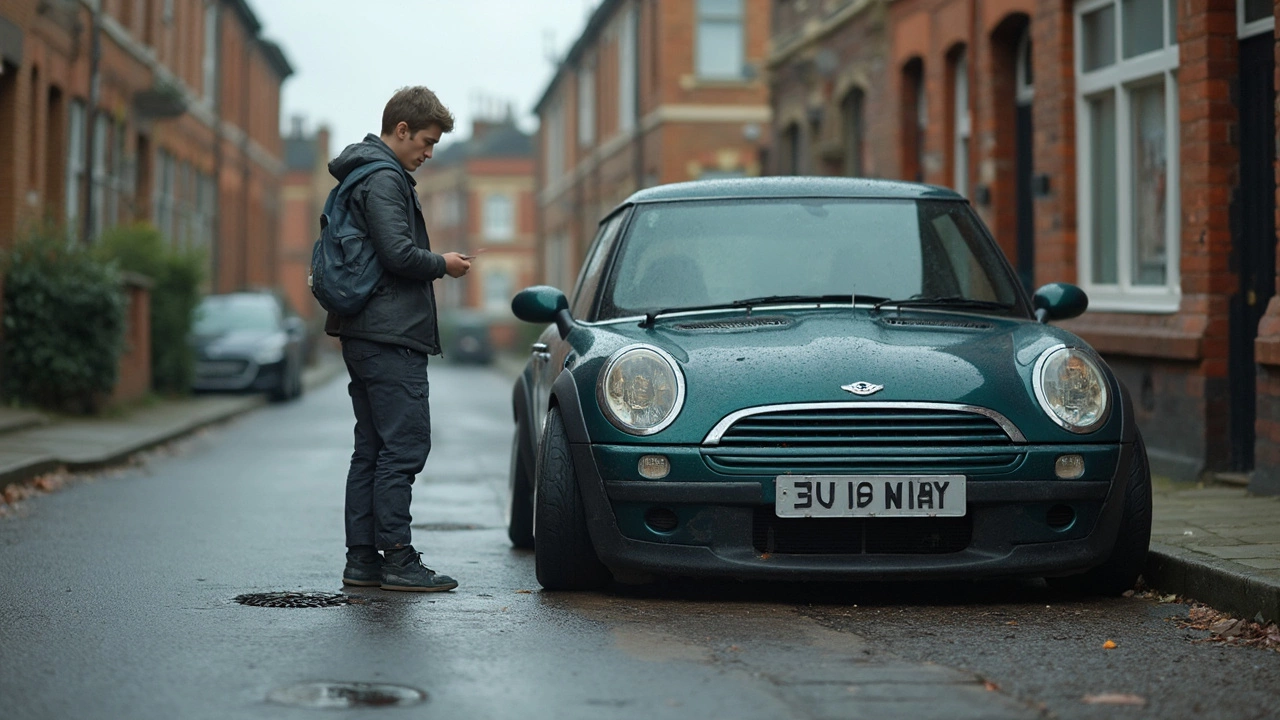Disadvantages of Car Wraps & Modifications – Real Talk
If you love tweaking your ride, you’ve probably heard the hype: glossy wraps, slick alloy wheels, aggressive lowers. The hype sounds great, but every upgrade comes with a flip side. Below we break down the most common drawbacks so you can decide if the trade‑off is worth it.
Why Car Wraps Aren’t Always the Best Choice
Wraps give you a fresh colour or graphic without a paint job, but they can be pricey. A full‑car wrap in Nottingham often runs between £1,200 and £3,000, and that’s before you factor in removal later on. Cheap vinyl may peel in hot weather, crack under UV exposure, or trap moisture, leading to rust underneath. If you ever need to repair a dent, the wrap has to be lifted, repaired, and re‑installed – adding time and cost.
Another hidden issue is resale value. While a unique wrap can attract a niche buyer, most used‑car shoppers prefer factory paint. A wrap removal can restore the original finish, but the process isn’t always perfect and may leave faint outlines.
Alloy Wheels, Wheel Spacers, and Other Common Mods
Alloy wheels look slick, but they’re not indestructible. They’re lighter than steel, which improves handling, yet that very lightness makes them prone to cracking after hitting potholes. Cracks can spread quickly, forcing a pricey replacement. The finish can also be damaged by harsh cleaners – a mistake many DIYers make.
Wheel spacers promise a wider stance and a sportier look, but they shift the wheel outboard, stressing the hub and bearings. This can cause premature wear, uneven tyre wear, and even handling quirks like a wobble at high speeds. In some regions, spacers need to be declared to insurance, or you could face higher premiums.
Lowering springs and suspension tweaks add aggressive stance, yet they reduce ride comfort. You’ll feel every bump, and the altered geometry can wear out shock absorbers faster. The downside is not just comfort – low ride height may lead to scraping on speed bumps or steep driveways, resulting in costly bodywork.
Even something as simple as a roof rack can count as a modification. It adds wind resistance, slightly reduces fuel economy, and can affect your car’s centre of gravity, which matters for cornering stability.
All these mods share a pattern: they improve aesthetics or performance but introduce new risks, maintenance needs, and sometimes legal considerations. Before you jump in, weigh the pros against the potential cons.
Bottom line: If you decide to wrap your car or fit new wheels, choose reputable installers, invest in quality products, and plan for future upkeep. Knowing the downsides ahead of time saves you from surprise expenses and keeps your ride looking and driving great for longer.
Carbon fiber spoilers might look cool and help with aerodynamics, but they come with downsides most drivers don't think about. This article walks through the main disadvantages of carbon fiber when it’s used for spoilers, including issues with durability, cost, and even daily maintenance. Get real-world tips on what to watch out for before you upgrade your car. It’s not only about style—you’ll learn how carbon stacks up compared to other options. Make a more informed decision before spending big bucks on carbon fiber.
Lowering a car with springs can seem like a quick way to get a sportier look or better cornering, but it’s not all upside. Sacrificing ride comfort, putting stress on suspension parts, and dealing with increased tire wear can all catch up with you. Plus, you might run into alignment headaches or even legal trouble if you go too low. It’s not always as simple as swapping out springs and hitting the road. This article breaks down the common drawbacks so you know what you’re getting into before you bust out the jack stands.
Lowering springs might make your ride look aggressive and handle better on corners, but they’re not all upside. This article digs into the downsides of installing lowering springs on your car, from harsher rides to extra stress on your suspension parts. If you’re thinking about dropping your car, you should know what sacrifices you’ll make. Let’s look at the real drawbacks, why they matter, and what you can do about them. Expect real-world tips, not just theory.
Carbon fiber might sound like a dream with its lightweight strength and sleek look, but it's not all sunshine and rainbows when it comes to car spoilers. While it offers unparalleled aesthetics and performance benefits, this material is not without its setbacks. This article dives into the real downsides of using carbon fiber spoilers, including their cost, fragility, and repair challenges. And if you've ever wondered whether it's worth the hype, get ready to find out.




